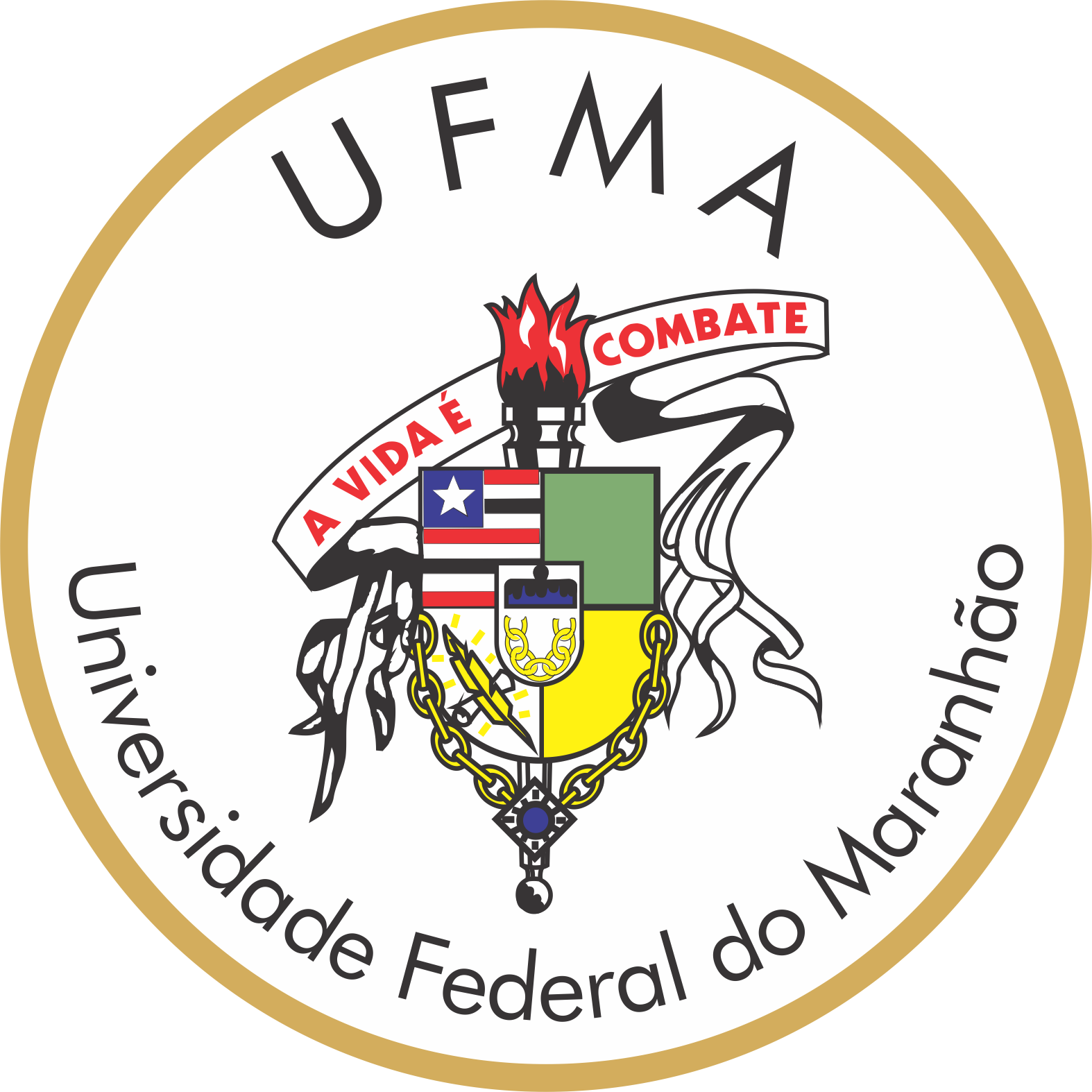News
-
22/04/2024Edital AGEUFMA Nº 21/2024: Nota de retificação nº 02 - Explicação quanto ao preenchimento do questionário complementar de inscrição
-
22/04/2024Edital AGEUFMA Nº 21/2024: Edital retificado em 19/04/2024
-
17/04/2024SELECIONADOS DO PRIMEIRO GRUPO DE SOLICITANTES DE BOLSAS DE ACORDO COM OS CRITÉRIOS DA NORMATIVA DO PROGRAMA TURMA 2024
-
12/04/2024Nota retificadora e retificação do Edital 21/2024
-
09/04/2024Dissertação de egressa do PGCULT é utilizada como base para cartilha na UNESCO
Presentation
The Graduate Program Culture and Society - Interdisciplinary Master, comes at the initiative of a group of researchers in the humanities and social sciences UFMA as a result of their work and the need to expand its teaching, research and extension. The occurrence of several research groups registered in CNPq and active in many cases in an interdisciplinary way, created a culture of research and articulate potential to graduate. Experience in supervision of works completion of undergraduate courses (CBT) in undergraduate research curricular and extra-curricular, in specializations and in some cases with dissertations, prepare these professionals to exercise the strict sense.
The objectives of the creation of the program align with the needs of the community UFMA and training of qualified human resources for the teaching. She also train staff of qualified researchers to produce systematic knowledge about the most important issues of the region in which the course is housed. The program also aims to qualify operators of culture to work in management, advisory and consultancy services to government agencies, professional associations, non-governmental organizations and social movements organized in view of the number of technicians involved in these activities. With regard to the technical and scientific exchange, it will seek to establish contacts with educational institutions and research in the Amazon, the Northeast and other regions of the country and abroad.
A large area of culture and society covers multi and interdisciplinary knowledge of the humanities in general. The program provides a concentration area and two lines of research.
AREA OF CONCENTRATION: CULTURE AND SOCIETY
The area of concentration in Culture and Society regards the multitude of scientific investigations regarding events, experiences and forms of social organization. Studies the socio-cultural diversity in historical perspective and contextualized, seeking a framework updater social practices. Identifies limits and possibilities of social reproduction and the role of different actors, showing how such social practices are absorbed, recreated and transmitted to future generations.
Adresses
-
Adress
- Centro de Ciências Humanas - CCH, Térreo, Bloco 02. Av. dos Portugueses, nº 1966, Cidade Universitária, Bacanga.
-
Official site
- http://www.pgcult.ufma.br/
